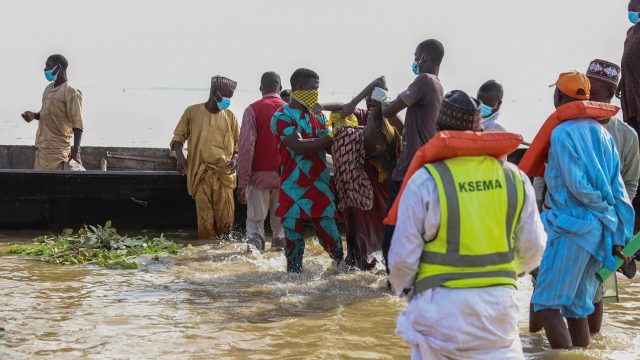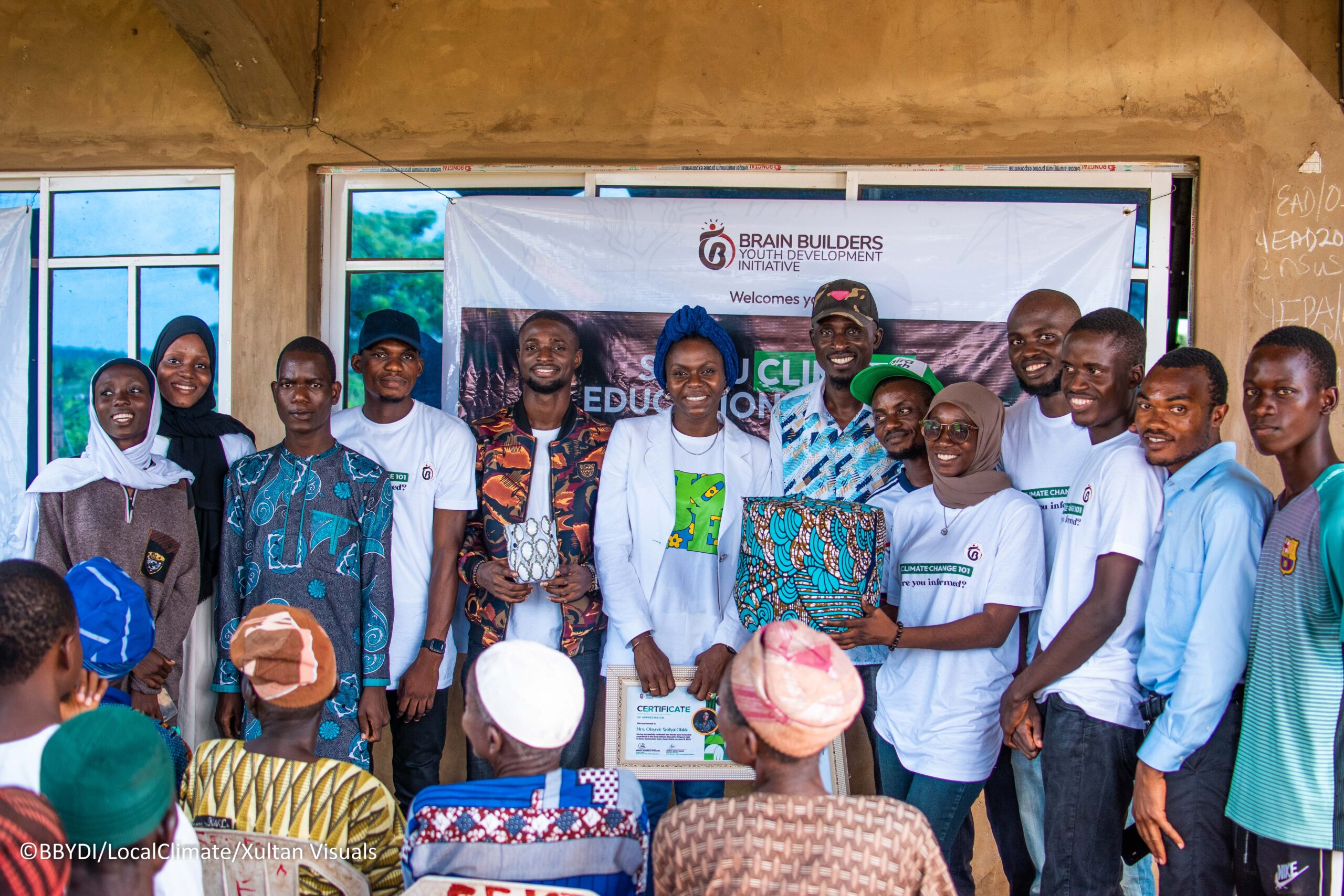At the 58th session of the United Nations Subsidiary Bodies (SB58) conference closing today, the African Group of Negotiators on Climate Change (AGN) says developing countries’ efforts on adaptation must be recognised in the outcome of the Global Stocktake.
Speaking during the closing session of the technical dialogue of the Global Stocktake in Bonn, Germany, AGN Chair Ephraim Mwepya Shitima said developing countries had demonstrated unwavering commitment by mobilising domestic resources for adaptation in the face of inadequate international support.
According to him “We reiterate the need for an additional message in the GST on the recognition of adaptation efforts of developing countries, which is a strong demonstration of commitment by vulnerable countries in the face of inadequate international support.
“We also look forward to guidance on how we will deliver on the clear mandate in respect of assessing the Global Goal on Adaptation (GGA),” he said.
As the world is already experiencing changes in average temperature, shifts in the seasons, an increasing frequency of extreme weather events, and slow onset events, Africa has not been spared from climate disasters requiring adaptation resources at scale.
Most recently, the work programme on the Global Goal on Adaptation, launched in 2021 at COP 26, maps out the way for the world to enhance adaptive capacity, strengthen resilience, and reduce vulnerabilities associated with climate change.
During the technical dialogue on the Global Stocktake, the African Group of Negotiators made it abundantly clear, the continent’s aspirations on adaptation.
Kulthoum Omari, AGN Lead Coordinator said: “We are already feeling the impacts from climate change, even below 1.5-degree global warming.
“Currently, we are at 1.15 degrees of global warming and according to the World Meteorological Organisation (WMO), Africa has warmed faster than the global average since pre-industrial times.
This emphasizes the urgency of accelerating the implementation of adaptation in Africa during this decade,” said Omari.
The IPCC WGII report, through the Africa Chapter provides information on the impacts of climate change to date.
For example, Agricultural productivity growth in Africa is reported to have reduced by 34% since 1961 due to climate change, more than any other region.
IPCC further predicts that most African countries will enter unprecedented high temperature climates earlier in this century than generally wealthier, higher latitude countries, emphasising the urgency of accelerating implementation of adaptation in Africa during this decade.
It is for this reason that the African Group insists on a comprehensive approach and action-oriented content of the Factual Synthesis Report (FSR), presenting clear findings on the required efforts; current levels of efforts and gaps; and implementation of the Nationally Determined Contributions (NDC) cycle and raising of ambition in Parties’ undertakings and international cooperation based on equity and Common But Differentiated Responsibilities and Respective Capabilities (CBDR-RC) principle.
“We cannot over emphasise the importance of balance between the various thematic areas and addressing them in a comprehensive Manner.
“We reiterate the call for a standalone reflection on loss and damage and response measures in the Factual Synthesis Report. We trust that our concerns on adaptation and the means of implementation sections will also be addressed in the next iteration of our work,” concluded AGN Chair.
Credit: PAMACC News Agency





